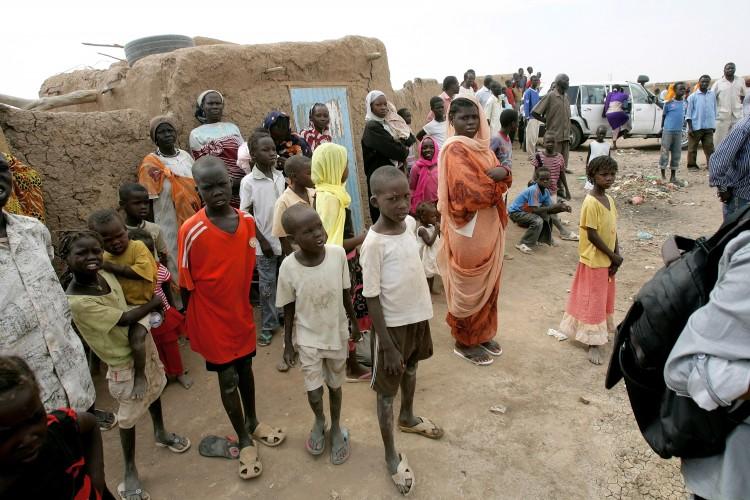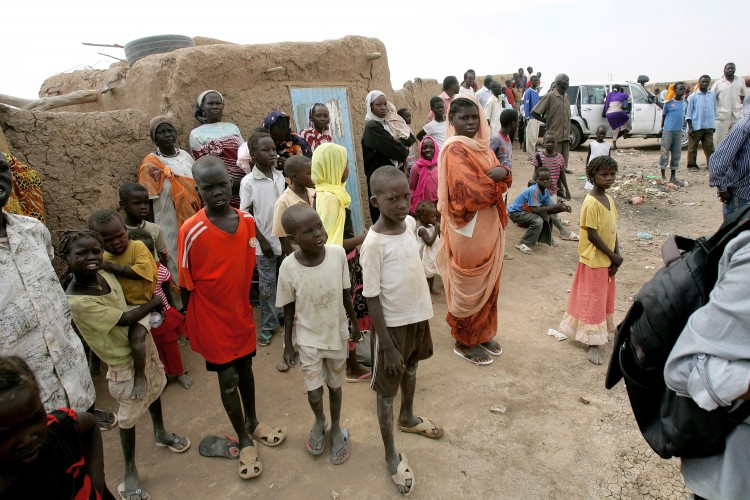UN Sends Peacekeepers to Disputed Sudanese Region
The United Nations Security Council on Monday approved a resolution that would allow for the deployment of more than 4,200 Ethiopian peacekeeping troops to the disputed Abyei region in Sudan.
|Updated:





